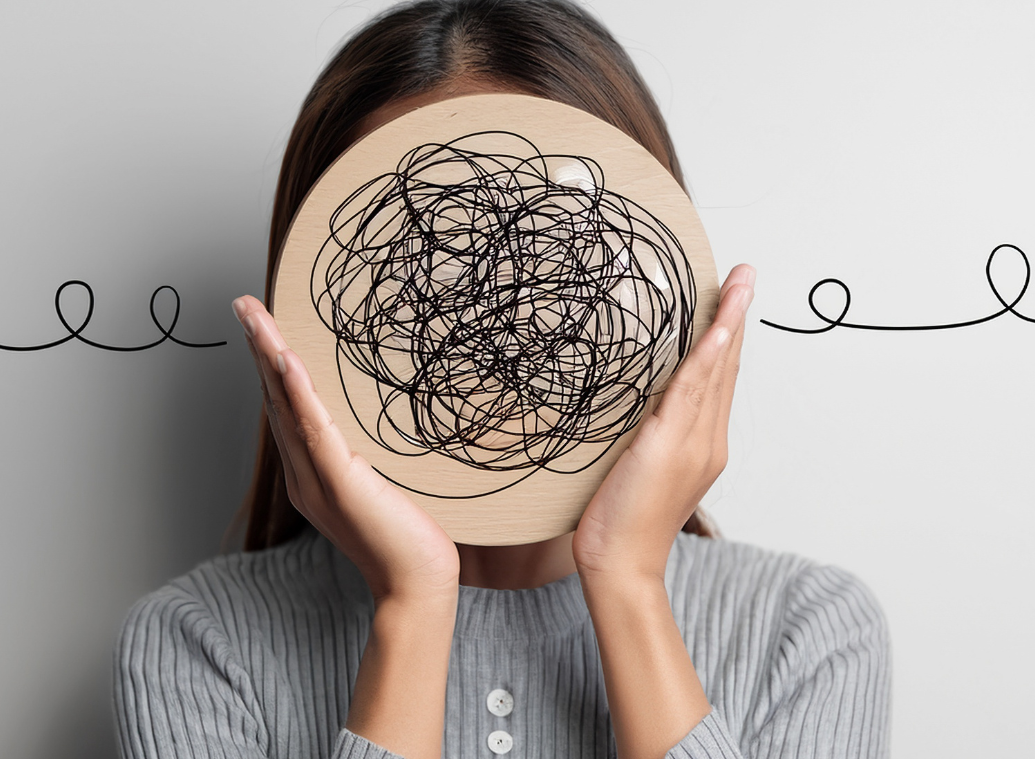- Home
- Forums
- General forums
- Good to know
- 5 conditions you can manage with your smartphone
5 conditions you can manage with your smartphone
- 49 views
- 0 support
- 1 comment
All comments
![]()
BertaC
21/02/2017 at 16:07
![]()
BertaC
Last activity on 03/09/2025 at 18:56
Joined in 2017
4 comments posted | 1 in the Good to know group
1 of their responses was helpful to members
Rewards
-
Explorer
I certainly would be up for trying any app on my iphone that would help my osteoarthritis x
Give your opinion
Articles to discover...
Subscribe
You wish to be notified of new comments
Your subscription has been taken into account








Margarita_k
Good advisor
Margarita_k
Last activity on 07/10/2020 at 11:39
Joined in 2016
1,195 comments posted | 116 in the Good to know group
2 of their responses were helpful to members
Rewards
Good Advisor
Contributor
Messenger
Committed
Explorer
Evaluator
Smartphones are revolutionising the diagnosis and treatment of illnesses, thanks to nifty add-ons and apps.
We use our smartphones for all kinds of things: to talk to friends, video chat to family in a different country and even do our banking. Now add-ons and apps are transforming smartphones into diagnosing devices by making their ubiquitous small screens into medical devices, researchers say.
Great capabilities
"If you look at the camera, the flash, the microphone... they all are getting better and better," said Shwetak Patel, engineering professor at the University of Washington.
"In fact the capabilities on those phones are as great as some of the specialised devices," he told the American Association for the Advancement of Science (AAAS) annual meeting this week.
Smartphones can already act as pedometers, count calories and measure heartbeats. But mobile devices and tablets can also become tools for diagnosing and managing illnesses. Here are five diseases that can be complemented by your mobile device.
1. Asthma
"You can use the microphone to diagnose asthma and COPD (chronic obstructive pulmonary disorder)," Patel said. "With these enabling technologies you can manage chronic diseases outside of the clinic and with a non-invasive clinical tool."
2. Blood disorders
It is also possible to use the camera and flash on a mobile phone to diagnose blood disorders, including iron and haemoglobin deficiency.
"You put your finger over the camera flash and it gives you a result that shows the level of haemoglobin in the blood," Patel said.
An app called HemaApp was shown to perform comparably well as a non-smartphone device for measuring haemoglobin without a needle. Researchers are seeking approval from the US Food and Drug Administration for its wider use.
3. Osteoporosis
Smartphones can also be used to diagnose osteoporosis, a bone disorder common in the elderly. Just hold a smartphone, turn on the right app in hand and tap on your elbow.
"Your phone's motion picture sensor picks up the resonances that are generated," Patel said. "If there is a reduction in density of the bone, the frequency changes, which is the same as you will have in an osteoporosis bone."
Such advances can empower patients to better manage their own care, Patel said.
"You can imagine the broader impact of this in developing countries where screening tools like this in the primary care offices are non-existent," he told reporters. "So it really changes the way we diagnose, treat and manage chronic diseases."
4. Diabetes
Mobile smartphone devices are already helping patients manage cancer and diabetes, says Elizabeth Mynatt, professor at the Georgia Institute of Technology.
"Someone who is newly diagnosed with diabetes really needs to become their own detective," she said. "They need to learn the changes they need to make in their daily lifestyle."
5. Breast cancer
For women newly diagnosed with breast cancer, researchers provided a tablet that allows them real-time access to information on the diagnosis and management of their treatment and side effects. The technique also helps patients who may not be able to travel to a medical office for regular care, reducing their costs.
"Our tool becomes a personal support system," Mynatt said. "They can interact to get day-to-day advice." Research has shown this approach "changes dramatically their behaviour," she added. "The pervasiveness of the adoption of mobile platform is quite encouraging for grappling with pervasive socio-economic determinants in terms of healthcare disparities."
A growing number of doctors and researchers are turning to smartphones for use in their daily work, seeing them as a useful tool for managing electronic health data and figuring out the most effective clinical trials, said Gregory Hager, professor of computer science at Johns Hopkins University.
Clinical trials currently cost around $12 million (about R196 million) to run from start to finish, he said. "The new idea is micro-randomised trials, which should be far more effective, with more natural data," he said.
Although the costs could be dramatically lower, too, the field is still new and more work needs to be done to figure out how to fully assess the quality and the effectiveness of such trials.
Source: health24.com
_____________________________
Are you familiar with the concept? Have you tried using any of the health apps? If yes, don't hesitate to share you experience with others!
If not - would you be ready to try an app designed to follow the evolution of your condition, anticipate flare ups, etc?
Thanks in advance for sharing your opinion!